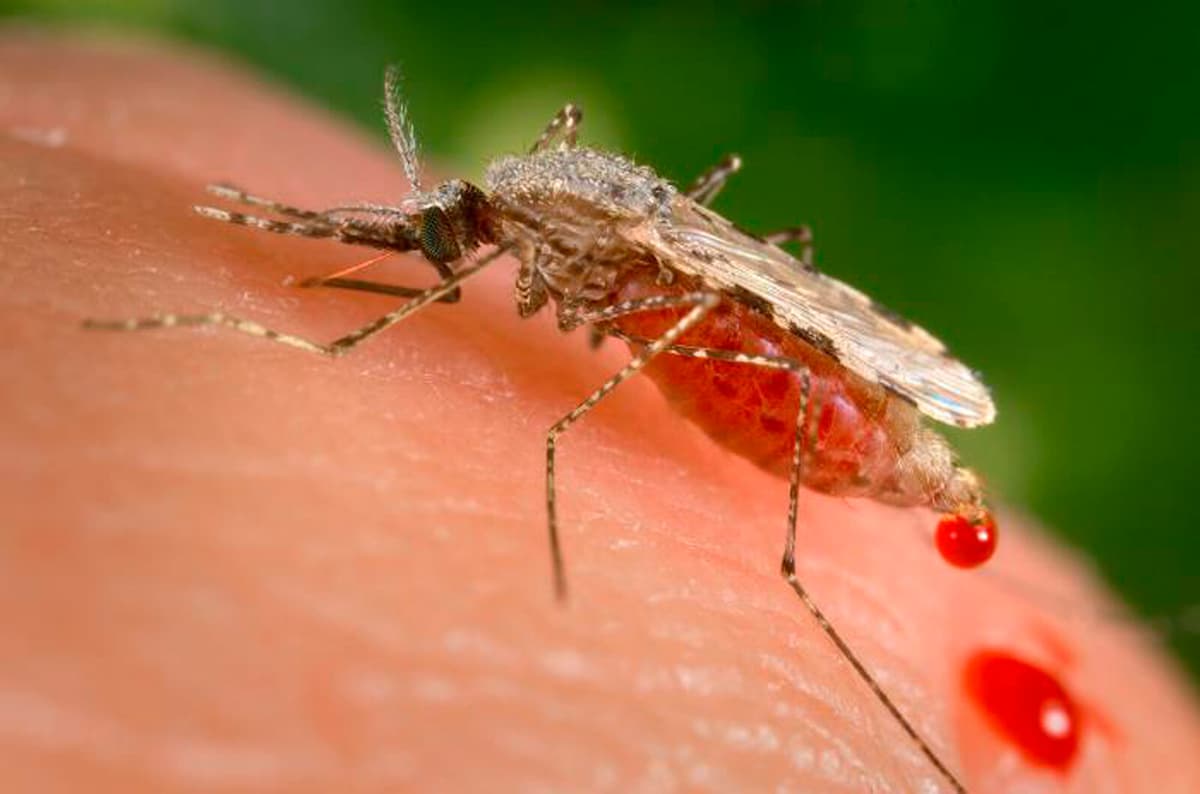The researchers have investigated the substance nitisinon, which is used to treat a rare disease in humans. A side effect is that the blood also becomes toxic - for mosquitoes.
They simply cannot utilize the blood. The mosquito needs to break down certain substances, such as tyrosine. And what they have seen is that this medicine can inhibit a certain enzyme needed to break it down, says Ingrid Faye.
She is a professor emerita in genetics at Stockholm University and a lecturer in microbiology, and has, among other things, studied insects' immune defense.
The researchers tested different doses. At one (simulated) dose two weeks after the patient took the medicine, most mosquitoes died within a day.
The time it takes has a very significant impact, since you want the mosquitoes to die before they can lay eggs or get a chance to spread parasites to another human being, says Faye, who is not involved in the study.
The study focuses on malaria, a disease that causes hundreds of thousands of deaths every year. Nitisinon was more effective than a certain antiparasitic medicine, ivermectin, and affected different species of malaria mosquitoes at different ages. One problem is that the medicine is expensive, and the side effects would need to be further investigated.
There is still much to be done. It may actually be best used as a complement to other interventions against malaria, says Ingrid Faye.
Researchers at, among others, Liverpool School of Tropical Medicine have investigated how malaria mosquitoes are affected by the substance nitisinon.
Nitisinon is a substance used to treat the disease tyrosinemia (tyr), a rare metabolic disorder that affects the body's ability to break down the amino acid tyrosine.
Tyr is an inherited disease, which is detected in newborns via the PKU test.
The study has been published in the journal Science Translational Medicine.






